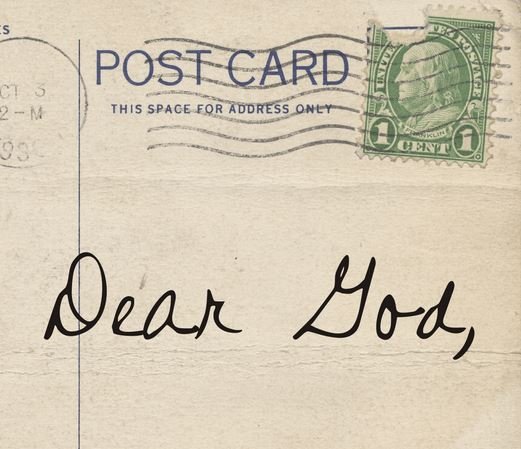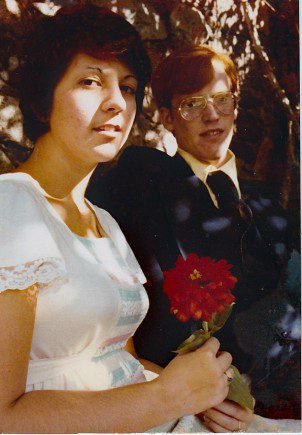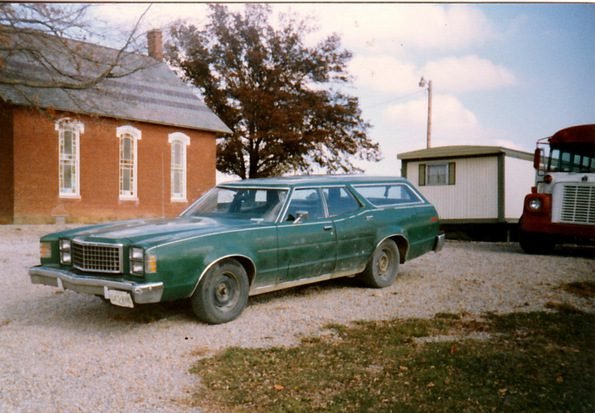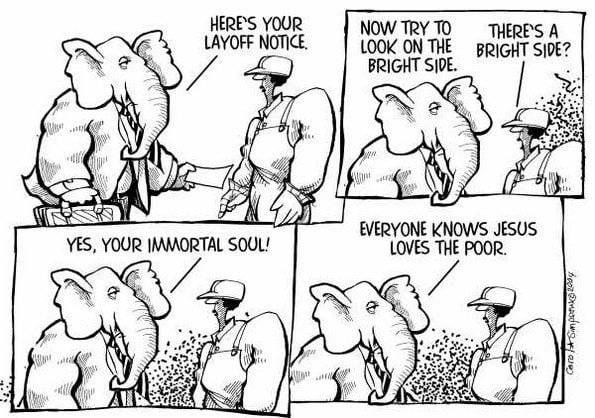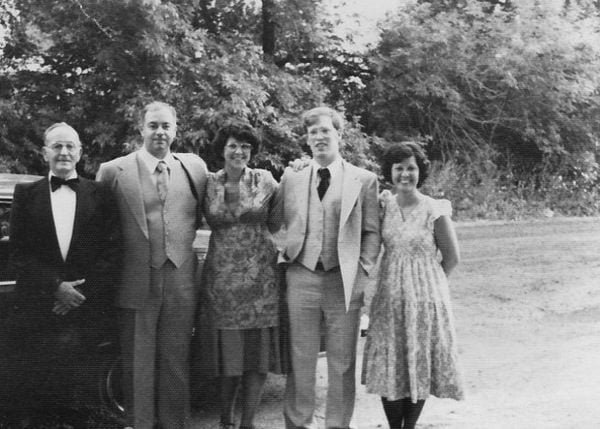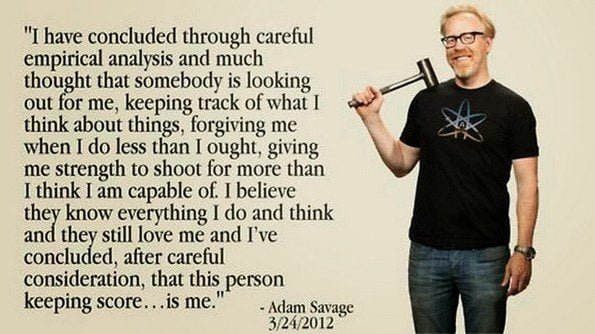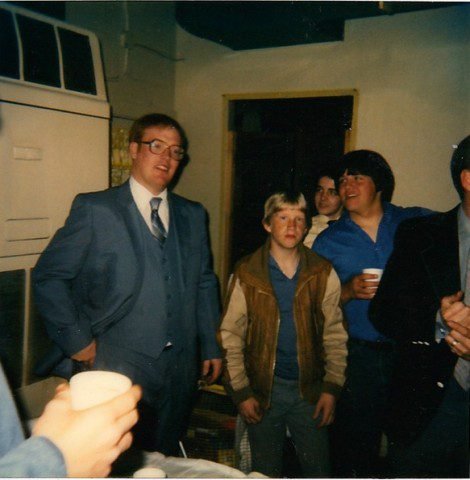
It has been seventeen years since I last pastored a church. While I had many opportunities to pastor again in the years before my deconversion, I was no longer willing to go through the dog-and-pony show required to get a new gig. I was unwilling to put my family through any more new church experiences. I came to see that I sold my services too cheaply. I allowed churches to take advantage of the Gerencser family. Churches were quite willing to keep us in the poor house for the sake of the kingdom of God and the churches’ checkbook balances. I also came to the conclusion that many churches deserve to die, and, quite frankly, many of the churches that contacted me about becoming their pastor didn’t deserve the dedication and effort I would give them.
Long before I made an intellectual decision about the truthfulness of the Bible and Christianity, I lost faith in the church and the work of the ministry. I am now an atheist because I no longer believe Christianity’s central claims to be true, but in 2003 I still loved Jesus but I didn’t love his church. I lost heart for that which I had spent most of my adult life doing. As is the case for many atheists, especially those who were once devoted followers of Jesus, my intellectual journey out of Christianity began with a crisis of faith.
I was a good pastor, a hard-working man who rarely took a day off. I always put the church first. The church bills always got paid before I did. I worked seven days a week for poverty wages, with no benefits or insurance. Not one of the churches I pastored ever offered any form of benefit package or insurance. One church even expected me to pay special speakers out of my own pocket. After all, I wasn’t working on that Sunday, the speaker was.
Granted, I willingly lived this way. No one forced me to do so. I want to be clear, lest anyone should say I’m whining or bitter. I CHOSE to live this way. While I think some of the churches I pastored were indifferent or callous toward the needs of their pastor and his family, I could have decided to leave the ministry and take a secular job. I didn’t because I felt a sense of divine calling, and if suffering and doing without were a part of fulfilling that calling, so be it.
People I once pastored or were friends with continue to be shocked when they find out that I not only have left the ministry, but I am also an atheist. Some people are so shocked that they can’t even talk to me about it. Several former parishioners have told me that they find my deconversion quite unsettling to their own faith, so they stay away from me.
Often, these people turn to religiously praying for me. One church, after its pastor heard that I had left the faith, held regular prayer meetings on my behalf. They stormed the portals of Heaven for the sake of my soul, all to no avail. Other people resort to sending me letters, emails, books, tracts, etc. Somehow, they naïvely think that they or some author is going to tell me something that I’ve never heard before. Solomon was right when he said, There’s nothing new under the sun. I can’t imagine what a Christian could say or show me that would cause me to say, Wow! I’ve never seen that before. Jesus, I’m sorry for my unbelief. Please save me, amen. It’s not going to happen.
Several years ago, I stumbled upon a discussion that those involved thought was private (a friend of mine emailed me about the discussion. I signed up for the forum where it was taking place using a fake name). The discussion centered upon, as one man put it, What should we do about Bruce?
No one had yet put forth an answer to his question, but having had lots of experience with people trying to figure out what to do with me, I thought I would venture a few answers of my own.
- By all means, gossip about me and question my salvation, ministry, and life. Just do what Jesus would do.
- By all means, write cryptic blog posts about me in the hope of making yourself feel better about my defection from the faith. Nothing like straightening out a heretic to make oneself feel better.
- By all means, send me religious books. They sell well on eBay.
- By all means, pray night and day for me. Keep begging God to bring me back into the fold. I know how important this is to you. If I remain an apostate, it calls into question your faith. After all, you were saved under and baptized by a God-called preacher who may have NEVER been saved. This is kind of like having Judas for your pastor.
- By all means, mention me in your sermons. I know how much a good illustration can spice up a sermon.
- By all means, keep doing all these things, forever reminding me of some of the reasons I left the ministry and ultimately abandoned Christianity.
I am convinced that most Evangelicals cannot truly be friends with someone such as myself. The urge to evangelize, witness, convert, call to repentance and straighten out is just too great. Evangelicals are like a teenage boy browsing the pages of Hustler magazine. The urge to masturbate is too great for the boy to refrain. So it is with God’s chosen ones. They have a pathological need to fix what they perceive is wrong with me, regardless of the fact that I am fine, not needing repair.
Their world has no place for people like me. It has no place for those who are not just like them. Their world is a narrow, homogeneous place, neatly divided into saved and lost. While Evangelicals will make forays into the world to evangelize, to do necessary secular business, and to earn a living, once their work is complete, they retire to the safe, Jesus-protected confines of their homes and churches. They dare not linger in Sodom lest they be tainted by sin and worldliness.
Fortunately, the world has made inroads into their homes. The Internet, with its websites and blogs, gives them a front-row seat to the world. Those who once knew me will type “Bruce Gerencser” in a search box and hit enter (which people do multiple times a day). And once they do, they are one click away from this blog. Their search began with the thought, I wonder what happened to Bruce? It’s not long, then, before their thoughts turn to LOOK AT WHAT HAPPENED TO BRUCE!!!
These Bruce-sleuths continue to read, and thanks to the server logs, I know what they have read. I now know that they are aware of what has happened to the man they once called pastor, preacher, or friend. What will they do now?
Pray? Call me to repentance? Call me out on their blogs? Leave a comment on this blog? Try to evangelize me or win me back to Jesus? Think of what a prize I would be: an Evangelical-pastor-turned-atheist reclaimed for the glory of God. In fact, I bet I could make a lot of money with a shtick like that.
It’s been twelve years now since I said to the world that I was no longer a Christian. Millions of Christians (according to page views) have read my writing, and some of them have tried to reclaim me for Jesus. While their attempts certainly provide me with writing opportunities, their efforts have miserably failed. Perhaps Evangelicals need to change their approach. Forget trying to evangelize me or show me the error of my way. Instead, listen carefully to my story. Attempt to understand and learn. I still have much to offer the Christian church, as do many of my fellow apostates. We’re still preaching and maybe, just maybe, we’ve got something to say.
Bruce Gerencser, 68, lives in rural Northwest Ohio with his wife of 47 years. He and his wife have six grown children and sixteen grandchildren. Bruce pastored Evangelical churches for twenty-five years in Ohio, Texas, and Michigan. Bruce left the ministry in 2005, and in 2008 he left Christianity. Bruce is now a humanist and an atheist.
Your comments are welcome and appreciated. All first-time comments are moderated. Please read the commenting rules before commenting.
You can email Bruce via the Contact Form.



